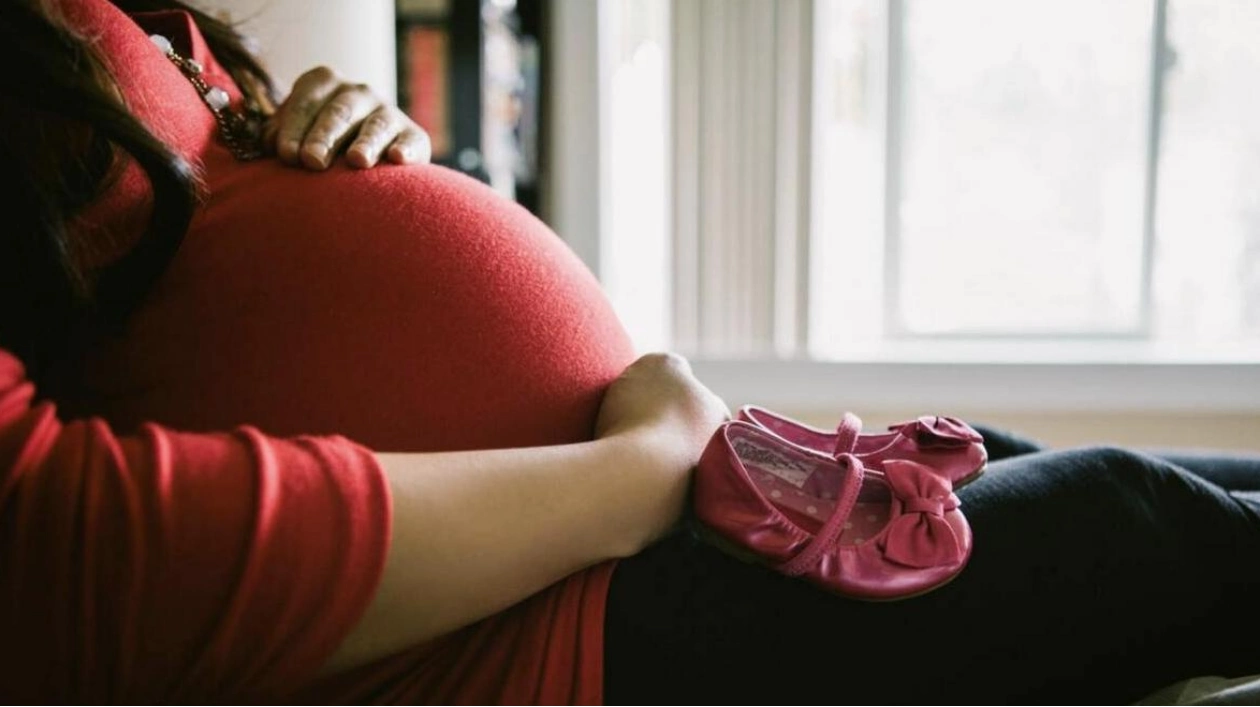Medical centers and healthcare institutions across the UAE are witnessing a surge in the number of women choosing to freeze their eggs. As more women opt to delay starting families, this procedure offers them greater flexibility in their life plans without the fear of infertility. Jules McDonald, Director of Clinical Operations at HealthPlus Fertility, has assisted over 20,000 women with this procedure during her 15-year tenure in the field. She views it as a valuable 'safety net' for many women and emphasizes the importance of doctors initiating this discussion. 'We're experiencing a significant increase in local women inquiring about egg freezing and seeking details,' she noted. 'This topic isn't widely discussed in society. Therefore, our goal is to ensure that when women visit their doctors for any concerns, medical professionals should introduce the idea of egg freezing, ask if they've considered it, and plant the concept in their minds.' Throughout her career, she has encountered numerous women who regret not freezing their eggs earlier. Once women reach 35, the quality of their eggs drastically declines.
Egg freezing involves extracting, freezing, and storing a woman's eggs or oocytes for future use in pregnancy. A woman's age significantly impacts the quality of her eggs and her ability to conceive. Recently, a local company launched a mobile van that distributed free testing kits for those interested in egg freezing, receiving an overwhelming response with hundreds of women participating. Many interested in the procedure are in their 30s, according to experts. 'Working women over 35, especially those from higher economic backgrounds and in demanding professions like professional athletes, actors, or executives, are more likely to opt for this procedure,' explained Dr. Nayana Gaba, Specialist in Gynaecology and Obstetrics at Aster Clinic, Al Muteena. 'This is because they prioritize their careers over motherhood and childcare at that stage. Even unmarried women undergo the procedure.' Patients undergoing chemotherapy, radiotherapy, or cancer surgery also choose this procedure as these treatments can render them infertile.
Dr. Aarti Javeri-Mehta, Internal Medicine Specialist and Lifestyle Medicine Physician at Sustain Health, highlighted the optimal age for egg freezing. 'Research indicates that the best time is usually between 25 and 35 to achieve high-quality eggs,' she said. 'However, like any health decision, it's essential to consider the risks and benefits based on individual medical history and circumstances.' Dr. Nayana detailed the procedure. 'The first step is ovarian stimulation, where hormone injections or tablets are administered for about a week to ten days,' she explained. 'This stimulates the development of mature eggs. The next stage is egg retrieval, followed by freezing in specialized facilities for future in-vitro fertilization.'
According to Dr. Aarti, part of the increased interest can be attributed to changes in UAE's legal system. 'One major factor is the 2020 update to UAE's IVF laws,' she said. 'Now, fertility clinics can freeze human embryos, unfertilized eggs, and sperm, providing women more flexibility to preserve their fertility without the pressure of the 'biological clock.' There's also been a shift in how women think about fertility and family planning. With increased awareness and education about fertility, women focusing on careers or personal goals before starting a family are more open to egg freezing. The stigma around having children later in life is also diminishing.' Legal reforms in 2021 in the UAE allowed the freezing of human embryos and eggs for up to five years, extendable with consent.
Dr. Aarti also noted that more employers are supporting women's decisions. 'More companies are offering benefits for fertility preservation, empowering women to freeze their eggs,' she said. Dr. Nayana highlighted the role of social media. 'Many influencers and even doctors are providing educational content about egg freezing,' she said. 'When celebrities undergo such procedures, awareness increases significantly. For example, renowned women like Kristen Stewart, Priyanka Chopra, and Emma Roberts have done it and spoken about it.'
However, medical professionals acknowledge several challenges women face in making this decision, primarily the cost. 'The average cost for one cycle of egg freezing is about Dh15,000,' said Jules. 'The number of cycles needed varies among women, and additional annual storage fees apply. Most insurance companies do not cover this, but I believe it should be. This would benefit the population.' Dr. Aarti noted significant hormonal impacts. 'Hormonal stimulation may cause side effects like bloating, mood swings, and headaches, making the process physically demanding,' she said. 'Emotionally, the uncertainty around the outcome can lead to stress and anxiety, as there are no guarantees. Long-term storage adds another layer of complexity, especially considering legal and logistical factors. Women need to be financially prepared and have a strong support system to navigate the emotional and physical demands of the process.'
Despite the challenges, Jules finds fulfillment in her work. 'The most memorable incident for me was my first patient in a London clinic,' she recalled. 'Fifteen years after freezing her eggs, she returned to retrieve them and later had a beautiful, healthy baby. The feeling of holding that baby in my arms is unforgettable.'






